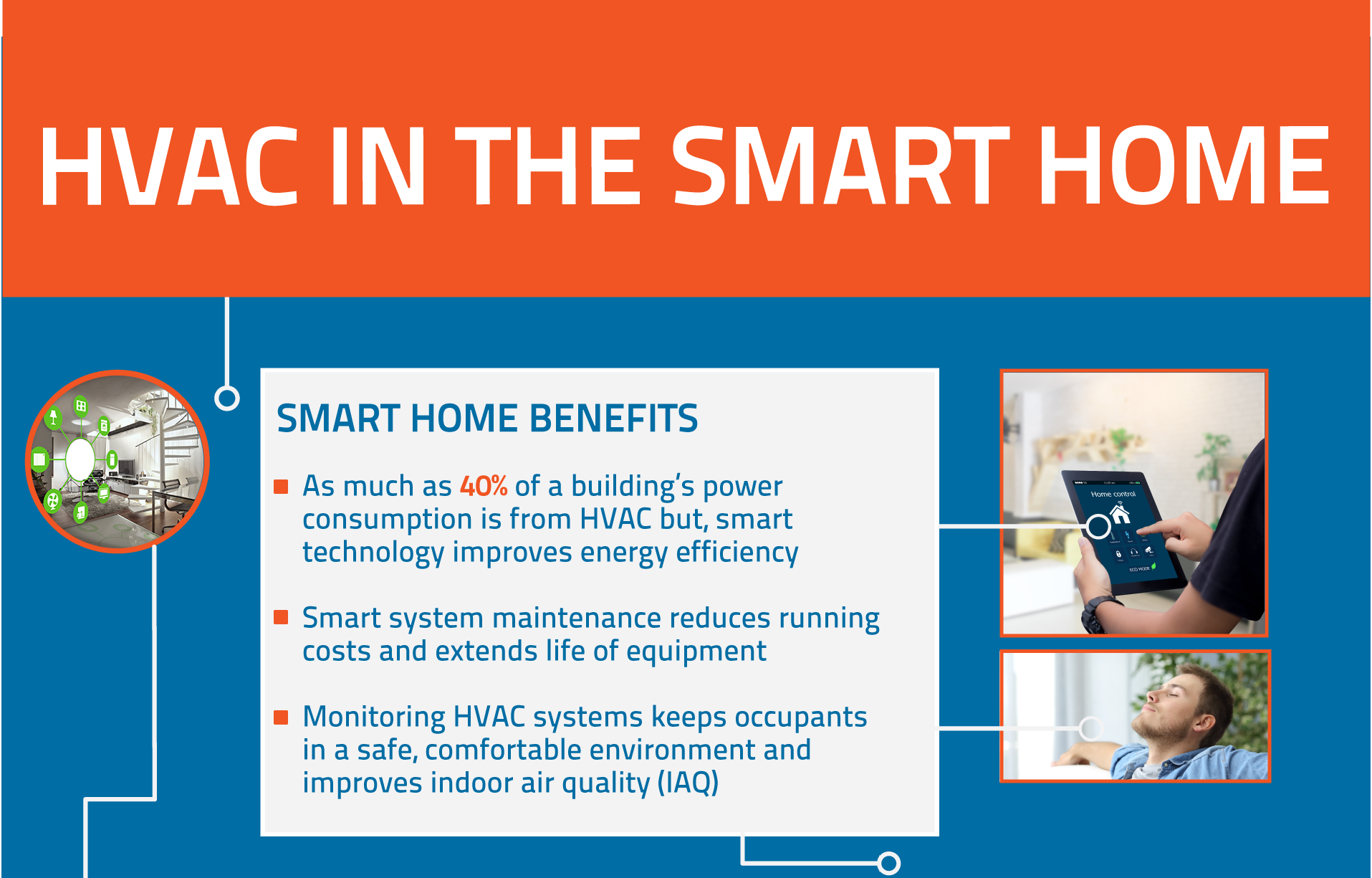Heat Pump Vs Heating System - Which Is The Better Home Heating Option For Your Home?
Heat Pump Vs Heating System - Which Is The Better Home Heating Option For Your Home?
Blog Article
Write-Up Writer-Ashworth Rose
Numerous house owners are familiar with heaters, which warm homes with oil or gas and press hot air through ductwork. They are relatively affordable and can provide trusted heating also throughout a wintertime power failure.
Nevertheless, they use nonrenewable fuel sources and generate carbon monoxide and various other air contamination. They also aren't as energy-efficient as a high-efficiency heat pump.
Expense
Generally, heat pumps are extra cost effective to operate than heaters. They usually utilize electrical power and cooling agent to remove heat from outdoor air, and afterwards transfer it into your home. You can take advantage of less costly power rates during off-peak hours to further decrease your heating expenses.
Unlike heat pumps, gas or wood-burning heaters use burning to generate warmth, emitting flue gases into the atmosphere that can be damaging to your health and wellness. Visit Webpage heating systems are likewise much less energy-efficient than heatpump, and their greater operating costs can build up over time.
Furnaces are much more complicated than heatpump and call for normal upkeep to guarantee the correct feature of all parts. Despite this, they have a tendency to last longer than heatpump with a typical life-span of 20 years or more. Nevertheless, you'll require to factor in the expense of gas, gas oil or wood and the added devices required for setup and operation such as air ducts and ventilation systems.
Energy Efficiency
Heatpump have a higher energy efficiency ranking than heaters. These systems utilize power to feed on warm from the air, also in freezing temperatures. They can also remove excess warmth from the home during warmer months and reuse it to cool the system. copyright specialists can assist you figure out the best version for your home on climate and resource power prices.
Heaters shed fuel oil, propane, gas or other types of fossil fuel to heat the air in the home. This air is then dispersed through ductwork making use of a big follower. Heating systems produce greenhouse gases and call for normal upkeep and devices upgrades to ensure secure procedure.
The most significant benefit of a heating system is that it can be run even in severe winter season conditions since it does not depend on exterior temperature levels to warm the air. Heating systems additionally have a longer life expectancy than heatpump and commonly last 15 years. They can additionally be paired with twin fuel choices, which select one of the most efficient heating choice based on the climate.
Climate
Heat pumps work well in moderate climates and use less source power than heating systems. Nevertheless, if https://www.cnet.com/home/services/everything-you-need-to-do-to-your-new-home-before-you-move-in/ is remarkably chilly, you may require to purchase a basic gas heater instead.
Furnaces give warm, cozy warmth and generally supply fast home heating to increase indoor temperatures. These systems can be utilized with a range of gas kinds, consisting of gas, lp, oil or electrical power.
They eat a lot more power than heat pumps-- approximately 3x as much-- and require ductwork that's pricey to mount or retrofit. They're also a lot more pricey to preserve, as they can trigger air top quality problems and create greenhouse gas discharges.
If you're committed to minimizing your carbon footprint, a heat pump is a good option for your home. They have fewer greenhouse gas exhausts than heating systems, especially if you choose an ENERGY STAR ® heat pump. Your neighborhood Provider specialist can clarify the differences between these two heating unit and assist you make the most effective choice for your unique demands.
Individual Preferences
Furnaces can be extremely energy efficient when powered by natural gas, propane or oil, however they aren't as power efficient as heat pumps in icy environments. They can likewise be extra pricey to mount, requiring gas lines and ventilation systems.
However, furnaces tend to call for less maintenance, which can result in reduced continuous expenses. They produce fewer greenhouse gases and are more dependable than heatpump throughout extreme weather condition.
Electric heat pumps are extra versatile in creating interior convenience due to the fact that they can likewise function as air conditioners during warmer months. They can be more convenient to maintain, calling for only regular air filter modifications and periodic vacuuming.
If you prefer the convenience of a single system that does it all, take into consideration a hybrid heating option that sets a heating system with an electric heatpump. These systems can automatically switch between the two heating choices based on your home's demands and temperature level problems, optimizing performance and financial savings.